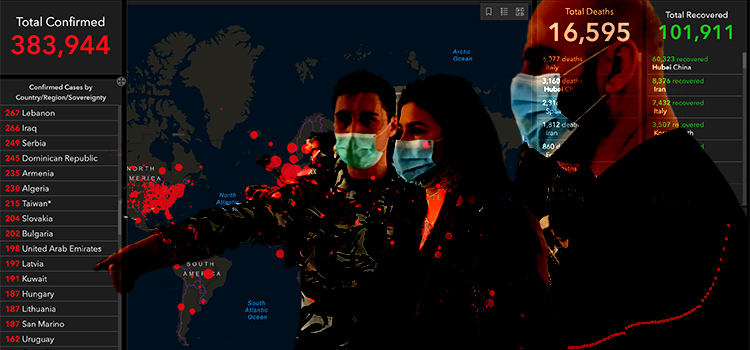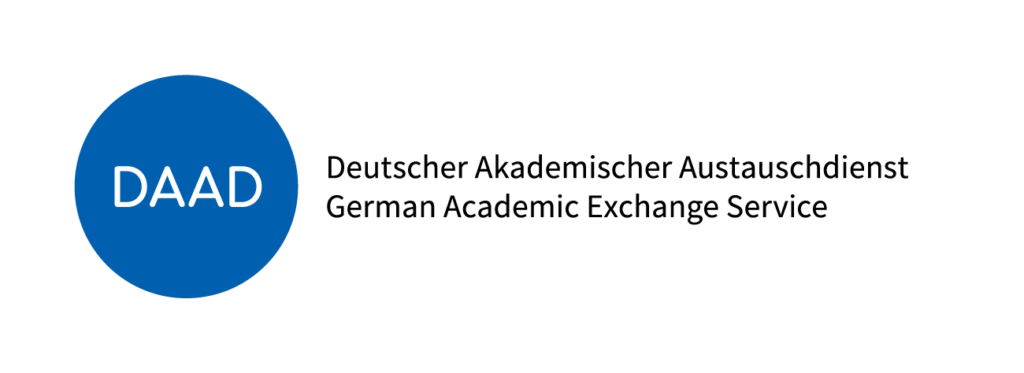 Studies on Media Uses and Trust During the Coronavirus Pandemic
Studies on Media Uses and Trust During the Coronavirus Pandemic
The AREACORE team has conducted several studies during the Covid19-pandemic with a focus on media and information literacy, vaccination and belief in myths. These studies are available open access.
First Study: The role of media literacy in mitigating COVID-19 vaccine hesitancy and conspiracy theories
First: This study examines the relationship between media literacy, belief in conspiracy theories, and vaccine hesitation through a survey of 3,009 university students in 8 Arab countries. The findings provide evidence that believing in COVID-19 vaccine conspiracy theories and being opposed to all vaccines has a negative effect on the intention to get vaccinated, while perceptions of the safety and effectiveness of COVID-19 vaccines and the perception that the COVID-19 disease is more dangerous than the vaccine, as well as media literacy level and trust in media and information sources about COVID-19 have a positive effect on vaccination intention. In addition to theorizing about the role of media literacy in pandemics, the study offers an effective measure for media literacy that can be deployed quickly in pandemic situations.
The study has been published in the International Journal of Communication and can be found here or can be downloaded as PDF.
Melki, J., Hamzeh, D. Itani, J., Hariri, M., Daou, P., Al-Shami, A., El Bour, H., Khalifa Salim, S., Masharqa, S., Othman, S., & Durra, Y. (2023). The role of media literacy in mitigating COVID-19 vaccine hesitancy and conspiracy theories. International Journal of Communication, 17, 4364–4386. https://ijoc.org/index.php/ijoc/article/view/20418
Second Study: Mitigating infodemics: The relationship between news exposure and trust and belief in COVID-19 fake news and social media spreading
This working paper explores media and information uses of individuals living in Lebanon during the COVID-19 pandemic. The aim is to understand which media and information sources people prioritize and trust during pandemics, their relation to people’s knowledge, perceived knowledge, belief in myths, fears, and compliance with prevention measures. The analysis explores the role of education, media literacy, gender, age, socioeconomic status, and other factors in influencing the level of adherence to prevention measures, the level of knowledge about COVID-19, and the prevalence of believing in myths and false information.
Read the full PDF reports in English and Arabic, and find the link to the study here
Watch the “mitigating infodemics” Study launch in Arabic here
Project headed by Dr. Jad Melki, LAU Beirut
This project is generously sponsored by the German Academic Exchange Service.

